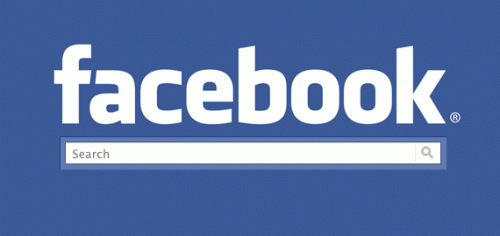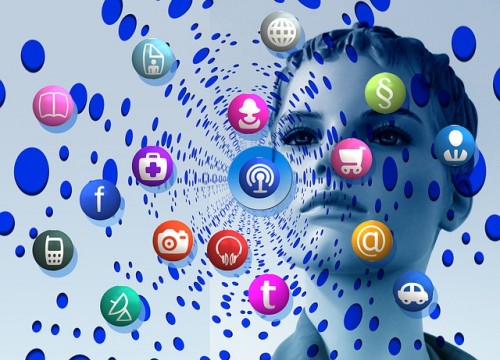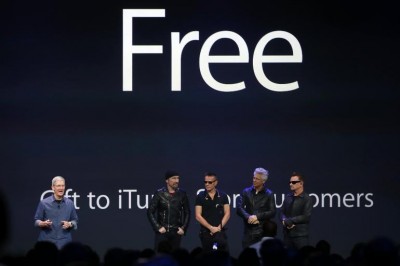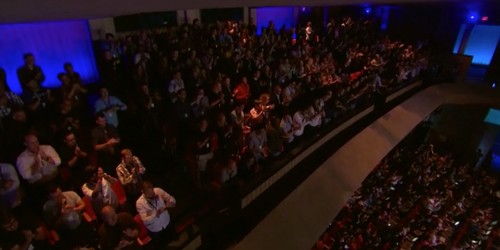Facebook announced this week that it will add a new search feature to the platform. This search feature will, for the first time, allow users to type in keywords and bring up specific network content. Previously, keyword searches lead to pages and advertisements. Now, it will bring up images and text from users’ News Feeds. Although search results currently include only content shared with users by their Friends, I imagine including public posts in the results will be a forthcoming next step.
Facebook, as a documentation-heavy platform, has always affected both how we remember, and how we perform. It is the keeper of our photo albums, events attended, locations visited, and connections established, maintained, and broken. It recasts our history into linear stories, solidifying that which we share into the truest version of ourselves. And of course, the new search feature amplifies this, stripping users of the privacy-by-obscurity that tempered (though certainly did not eliminate) the effects of recorded and documented lives.
The search feature also does something interesting and new. It aggregates. For the first time, users can take the temperature of their networks on any variety of topics. Music, movies, news events and recipes can be called up, unburied from the content rubble and grouped in a systematic way.
Perhaps because I’ve been able to think of little else lately, I immediately considered what this new feature means for how we will remember the events of Ferguson, Staten Island, and the parade of police violence against young men of color. And relatedly, I considered how we will remember ourselves and each other in regard to these events. more...










